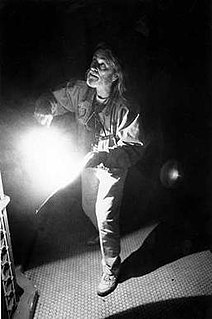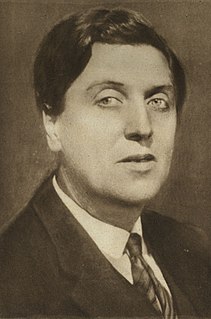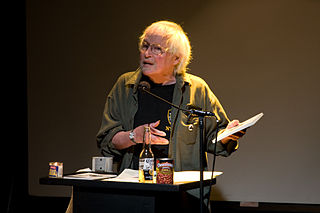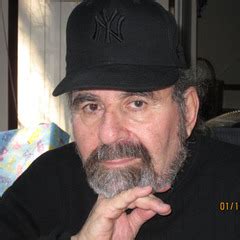A Quote by Conrad Hall
Manipulating shadows and tonality is like writing music or a poem.
Related Quotes
What keeps me motivated to create new music is the joy of songwriting. The joy of being creative. The joy of writing a poem or essay. Writing anything. I just love writing, whether it is music or words. I just didn't need to share it for the last 18 years. When you share it, it brings on other things, which is good.
I think the origin of all this clamour for tonality is not so much the need to sense a relationship to the tonic, as a need for familiar chords: let us be frank and say "for the triad"; and I believe I have good reason to say that just so long as a certain kind of music contains enough such triads, it causes no offence, even if in other ways it most violently clashes with the sacred laws of tonality.
The politics of language and the politics of writing really got to me. I've heard this phrase more than once now: this idea of the poetry wars, or the idea that people within the space of writing are at odds with one another or manipulating language to further one's political stance, manipulating language in ways that really felt dirty to me. All of these things worked their way into and through language for me.







































